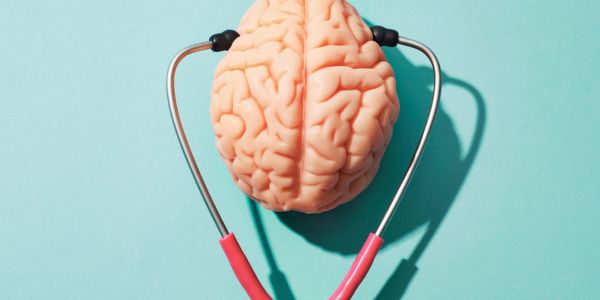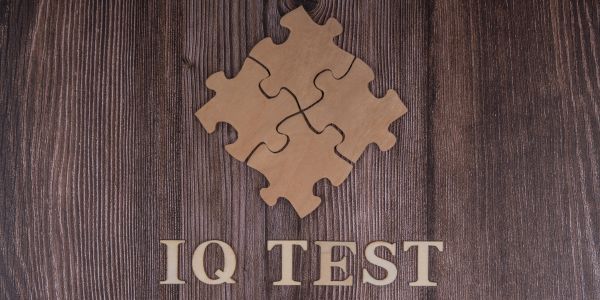Table of Contents
Mental Age Test: In the realm of psychology and cognitive assessment, mental age tests serve as valuable tools for measuring an individual’s intellectual development relative to their chronological age. These tests provide insights into an individual’s cognitive abilities, helping professionals gauge their overall mental functioning.
What is a Mental Age Test?
A mental age test is a standardized assessment that estimates an individual’s cognitive abilities and intellectual development. It was first introduced by Alfred Binet and Theodore Simon in the early 20th century to identify children who might require additional educational support. Mental age refers to the level of cognitive functioning demonstrated by an individual, which may or may not correspond to their chronological age.
Example of Mental Age Test:
It is important to note that online tests cannot provide a completely accurate assessment of your mental age, as they are not conducted by professionals and may not capture all aspects of intelligence. Following is an example of the Mental Age Test.
- What is the next number in the sequence: 2, 4, 6, 8, __?
- Which planet is closest to the Sun?
- Solve the following equation: 2x + 5 = 15.
- What is the capital city of France?
- Rearrange the letters “SMILE” to form a word that means the opposite of smile.
- What is the largest ocean in the world?
- If you had 3 apples and gave 2 to a friend, how many apples would you have left?
- What is the chemical symbol for the element gold?
- Complete the following proverb: “Actions speak louder than __.”
- Who painted the Mona Lisa?
Purpose of Mental Age Tests
Mental age tests serve multiple purposes and are employed in various settings, including educational institutions, clinical psychology, and research. Here are some of the key purposes of mental age tests:
a. Educational Placement:
Mental age tests aid in determining a child’s readiness for specific educational programs and grade placement. They provide insights into a child’s intellectual abilities, helping educators tailor instruction to their needs.
b. Cognitive Assessment:
Mental age tests are used to assess cognitive abilities across various domains, such as verbal reasoning, mathematical aptitude, memory, and problem-solving skills. They provide a comprehensive evaluation of an individual’s cognitive strengths and weaknesses.
c. Diagnosis and Intervention:
In clinical settings, mental age tests are employed to identify intellectual disabilities, learning disorders, or cognitive impairments. This information assists psychologists and clinicians in developing appropriate intervention strategies.
d. Research and Normative Data:
Mental age tests contribute to psychological research by providing normative data on cognitive development and intelligence. These tests help researchers study population-level trends and analyze the impact of various factors on intellectual functioning.

Benefits of Mental Age Tests
Mental age tests offer several benefits for individuals, educators, and psychologists. Some of the advantages include:
a. Early Identification of Intellectual Needs:
Mental age tests can help identify gifted children who may benefit from advanced educational opportunities. Similarly, they can detect individuals with intellectual disabilities who require specialized support.
b. Tailored Education:
By determining an individual’s mental age, educators can adapt instructional methods and materials to suit their cognitive abilities. This personalized approach facilitates optimal learning and academic progress.
c. Individualized Treatment Plans:
Mental age tests assist psychologists in developing customized treatment plans for individuals with cognitive impairments or learning difficulties. By understanding an individual’s mental age, clinicians can target specific areas for improvement.
d. Research and Statistical Analysis:
Mental age tests contribute to the establishment of normative data, which aids researchers in studying patterns of cognitive development, identifying trends, and formulating hypotheses for further investigation.
Limitations of Mental Age Tests
While mental age tests provide valuable insights, it is important to acknowledge their limitations:
a. Cultural and Environmental Factors:
Mental age tests may not fully account for cultural and environmental influences on cognitive development. Factors such as socioeconomic status, educational opportunities, and language proficiency can impact test performance.
b. Single-Dimensional Assessment:
Mental age tests primarily focus on cognitive abilities, neglecting other aspects of intelligence, such as emotional intelligence, creativity, and social skills. Therefore, they provide a limited perspective on overall intellectual functioning.
c. Test Administration Bias:
The accurate administration and interpretation of mental age tests require trained professionals to minimize bias and ensure standardized conditions. Errors in administration or the presence of external distractions can affect test results.
d. Limited Predictive Power:
Mental age tests provide a snapshot of an individual’s cognitive abilities at a specific point in time. They may not accurately predict future academic or professional success as multiple factors influence an individual’s life trajectory.
Also, read Earth Day































Comments on “Mental Age Test – Example, Purpose, and Benefits”
Comments are closed.